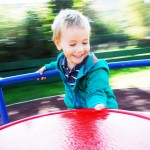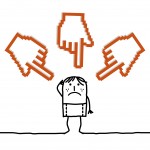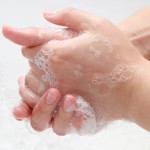
The NICE guideline for depression in children and young people was published way back in September 2005. Any elf worth his salt will tell you that a whole heap of evidence has been published since then, so it’s good to see an evidence update appear this week from NICE, which brings together research published from 17th [read the full story…]






